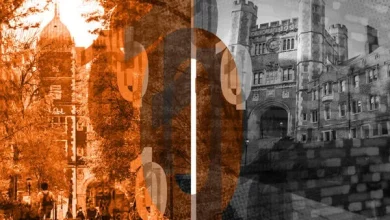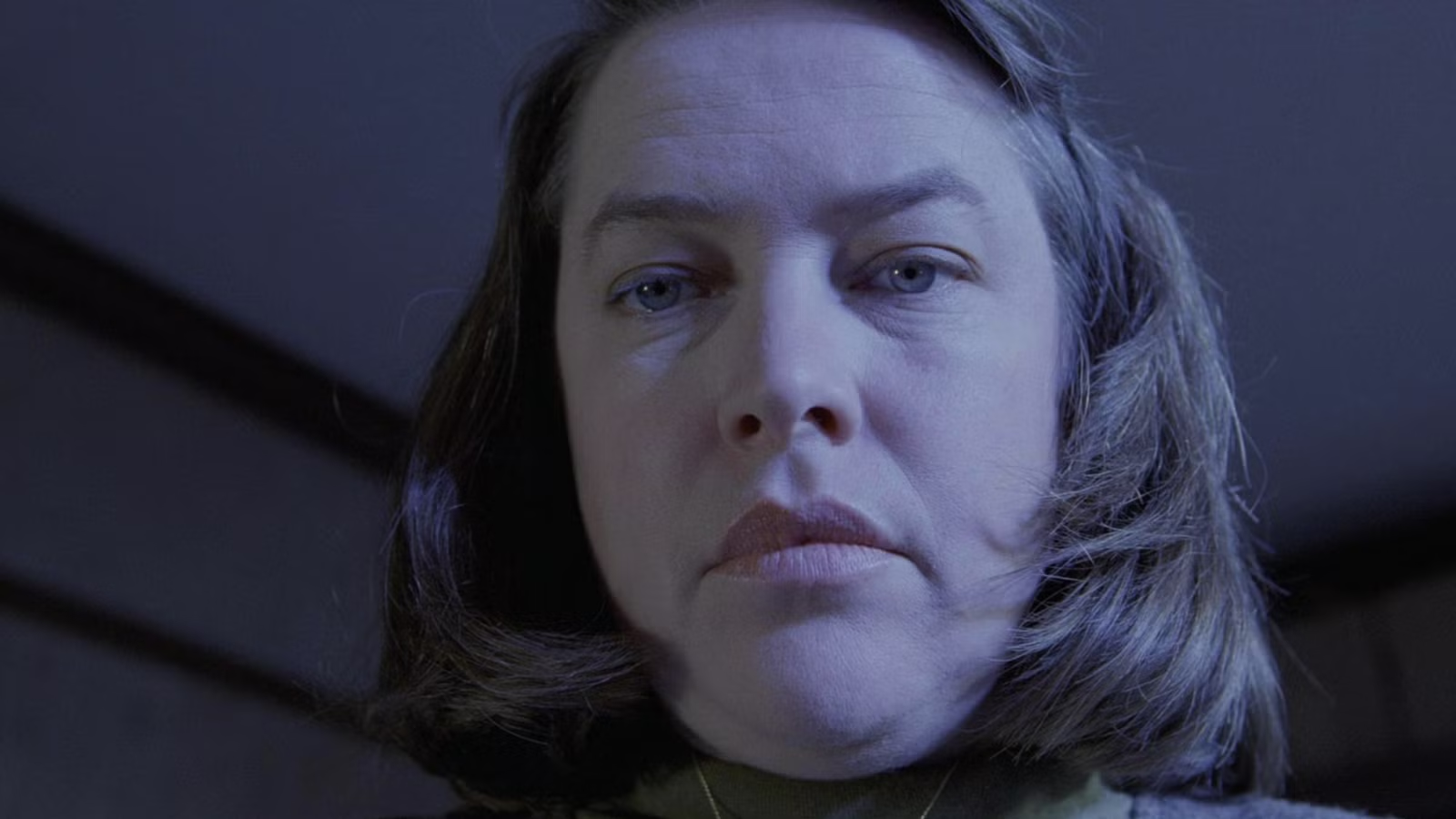Why did the Smiths break up? Don’t ask their drummer

Most big British bands that have broken up over the past 45 years have, at some point, reformed. Unfinished business, nostalgia’s lure, or, most often, the prospect of megabucks tour receipts are all reasons. The Police, Led Zeppelin, Pink Floyd, Take That, the Stone Roses, the Spice Girls and Oasis have all bowed to the inevitable. The big holdouts in the great reforming cycle are the Smiths, the beloved 1980s four-piece who seem to get bigger by the year – despite having disbanded almost four decades ago.
But fans hoping for insights into the current thinking in Smiths-world from this restrained new autobiography by drummer Mike Joyce will be disappointed. Last year, singer Morrissey claimed to have accepted a “lucrative offer” from promoter AEG to tour worldwide as the Smiths – even though the band’s bassist, Andy Rourke, died in 2023 – only for the tour to be nixed by guitarist Johnny Marr, who said no. Yet there is no mention of the reunion story in The Drums, nor does 62-year-old Joyce offer an opinion as to whether he thinks it would be a good idea.
Furthermore, to this Smiths fan’s disappointment, there are no there fresh insights into why the Smiths broke up in 1987, just as the ink was drying on a major new record deal with EMI. And to Joyce’s credit – if to an inquisitive reader’s dismay – there is a distinct lack of score-settling with Morrissey, who, along with Marr, was sued by Joyce in 1989 for a larger cut of the Smiths’ non-songwriting profits (Joyce won, gaining a 25 per cent cut – up from a miserable 10 per cent – and a £1m back payment, although Morrissey staged an unsuccessful appeal). Joyce, widely held as one of the nicest people in music, writes that he has “little desire” to “dredge up” the past. He paints Morrissey as complex, unknowable and aloof, though you suspect he has plenty more to say.





